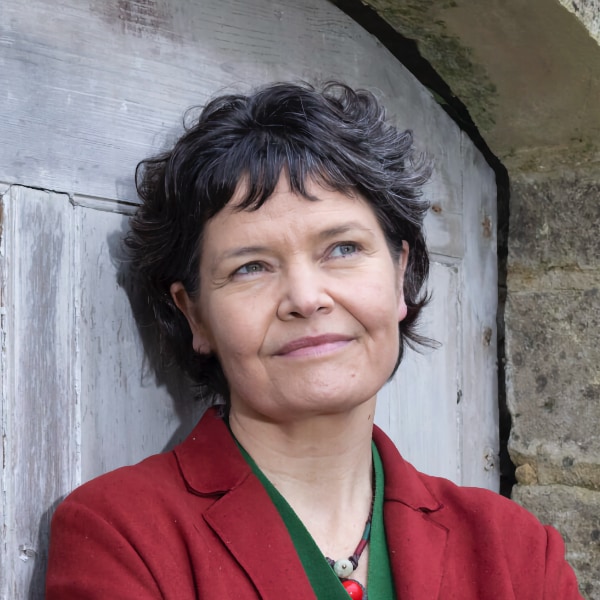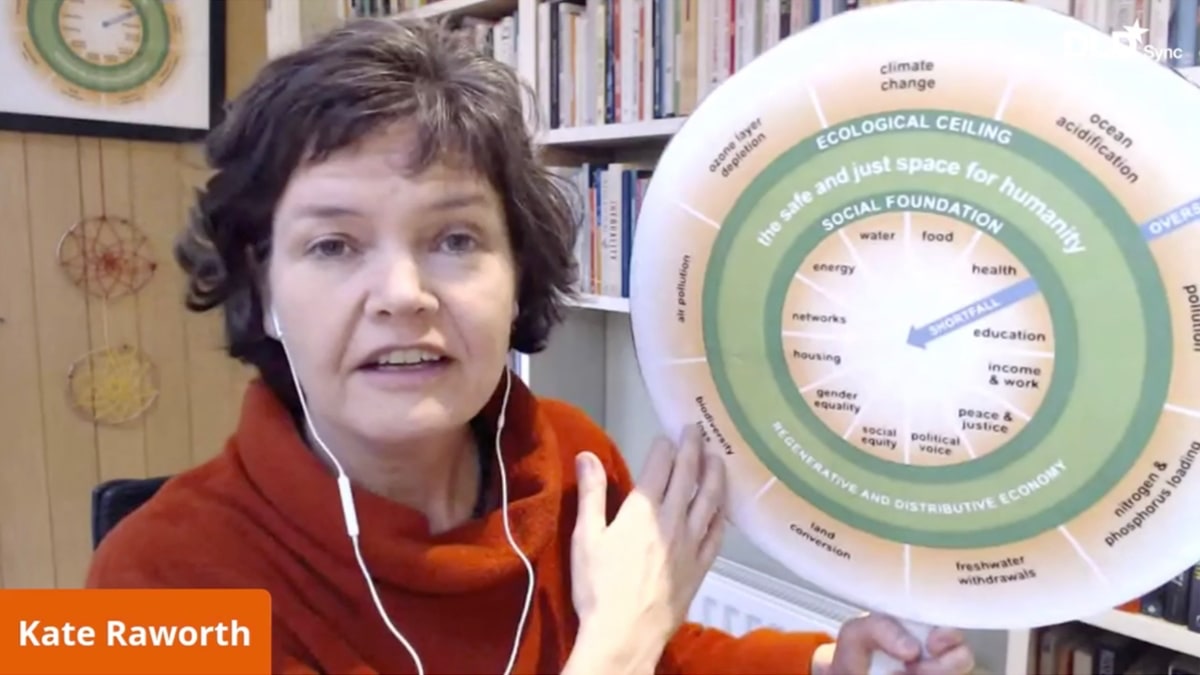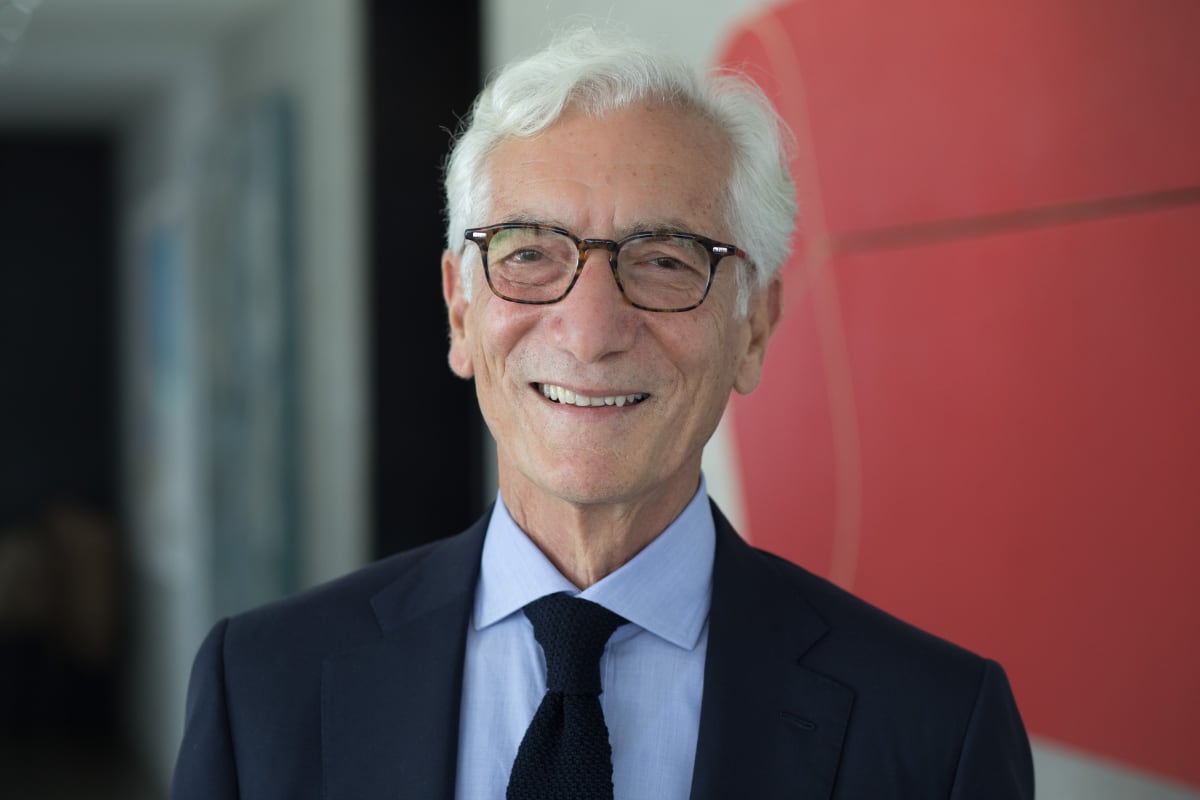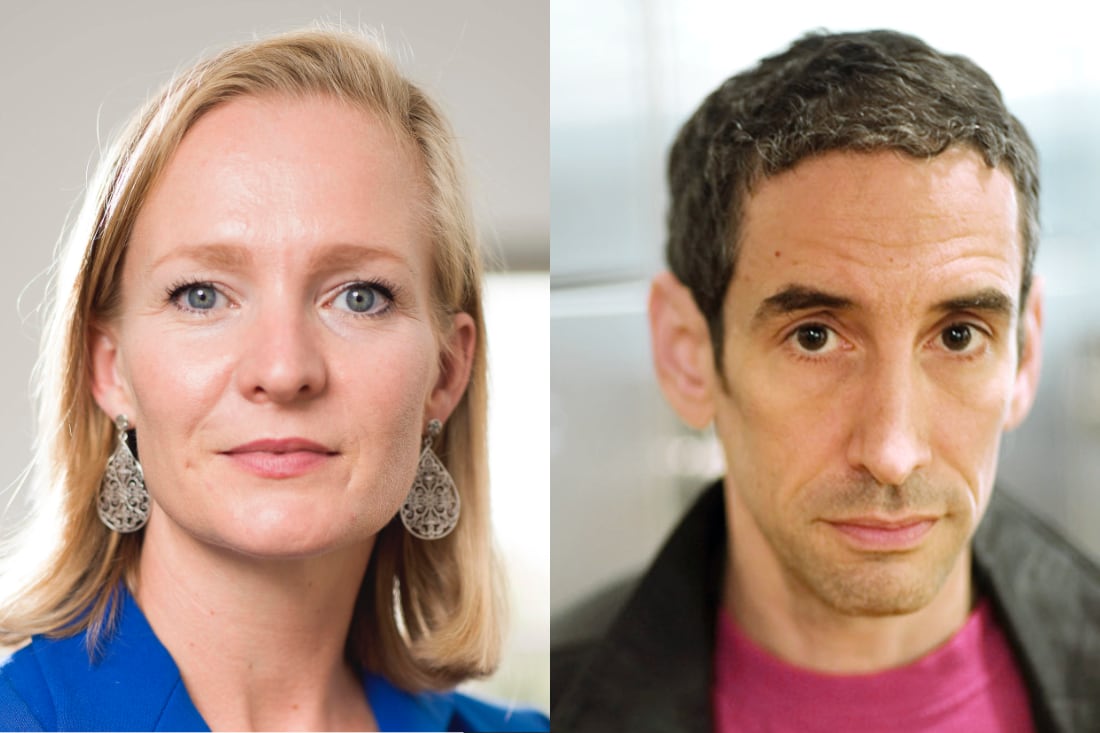DLD Sync

Doughnut Economics: Turning a Radical Idea Into Action
What does it take to create economies in service of making both people and our planet thrive? That’s the starting point of Doughnut Economics, a concept that began on the back of an envelope and is fast becoming a global community of changemakers who are putting regenerative and distributive design into practice – in cities, businesses, government, communities and schools. Author and Oxford economist Kate Raworth, who came up with this concept, explored the core ideas of Doughnut Economics in conversation with Hans Ulrich Obrist. What does this new approach to a more sustainable economy look like in daily life, and what enables ideas like this one to gain momentum, turning thoughts into action?
This conversation was organized in collaboration with the Serpentine Galleries’ Back to Earth project, which brings together 65+ artist-led environmental campaigns.

Kate Raworth
Oxford University
Kate Raworth (pronounced “Ray-worth”) is an economist exploring the economic mindset needed to address the 21st century’s social and ecological challenges. Her internationally acclaimed framework of Doughnut Economics has been widely influential. She is a Senior Research Associate at Oxford University’s Environmental Change Institute. (Image: Johannes Frandsen)

Hans Ulrich Obrist
Serpentine Galleries
Hans Ulrich Obrist is Artistic Director of the Serpentine Galleries, London. Prior to this, he was the Curator of the Musée d’Art Moderne de la Ville de Paris. Since 1991 he has curated more than 250 shows. Obrist’s publications include A Brief History of Curating, Project Japan: Metabolism Talks with Rem Koolhaas, Do It: The Compendium, Think Like Clouds and Ai Weiwei Speaks.
Video

Sync Scroll
| Time | Topic |
| 0:05 | Welcome by Steffi Czerny |
| 2:30 | Introduction by Hans Ulrich Obrist |
| 3:50 | Hans Christoph Binswanger, an early explorer of the limits of economic growth. |
| 6:00 | Kate Raworth explains how she was educated that “economic success shows up as growth”. |
| 8:00 | Rethinking starts with putting textbooks aside and looking taking a fresh look from the outside. |
| 9:10 | How the financial crisis of 2008 led to the concept of Doughnut Economics. |
| 10:45 | “I thought this is the beginning of economics that I was never taught.” |
| 11:30 | The concept of the doughnut: “I thought just as there’s an outer limit, to humanity’s use of Earth’s resources, there’s also an inner limit of the distribution of those resources…” |
| 12:15 | “These are the nine planetary boundaries, don’t overshoot this outer ring. But also don’t leave anybody falling short in this hole in the middle…” |
| 12:30 | “It becomes a balance between meeting the needs of all people within the means of the planet.” |
| 14:00 | Turning concept into action: “Different people are going to have different proposals for how to get there.” |
| 15:10 | Doughnut economics “is a mindset rather than a rule or a policy”. |
| 16:00 | Finding a balance between self-interest and collaboration – for the benefit of all. |
| 16:30 | How do we transform a “linear, degenerative economy” into a regenerative, circular economy? |
| 18:30 | Economist Herman Daly’s inspiration for the doughnut concept. |
| 24:40 | Joseph Stiglitz and the idea of “resetting capitalism”. |
| 25:40 | What would be a distributed economy? |
| 27:30 | “The book is only the beginning… I see myself as an advocate for change in the sense of being actively aiming to change the world.” |
| 29:00 | How doughnut economics became a movement. |
| 30:00 | The Doughnut Economics Action Lab, a new online hub for the community. “We’ve got over two and a half thousand members. We’re thrilled. Ministers have joined, community activists have joined, people from mainstream business have joined…” |
| 31:10 | “We are going to work with this community to evolve what it means to do donut economics in practice.” |
| 32:00 | Relying on self-organizing groups to make a big impact. |
| 34:10 | Why economics is everybody’s business. |
| 37:50 | “The economic theories that we are taught were written by men, by white men, by wealthy white men in largely in Europe and the U.S.” |
| 38:55 | Why it’s important to “…recognize your own biases, to recognize your own circumstance, your own privileges.” |
| 41:30 | “The best economists are part mathematician, part historian, and we need to draw from the best of other disciplines.” |
| 42:30 | Female perspectives on economics. |
| 45:15 | Elinor Ostrom and the “triumph of the commons”. |
| 46:30 | Amsterdam’s ambitions: making the circular economy a reality. |
| 50:30 | Art and visualizing economic concepts. |
| 56:00 | The rise of empathy. |
| 1:00:20 | Why doughnut economics is the CEO’s business. |
| 1:02:15 | A matter of values: purpose-driven companies. |
| 1:03:30 | Corporate psychotherapy. |
| 1:06:00 | Why students demand a new economic thinking. |
| 1:08:20 | Giving doughnut economics an extra dimension. |
More DLD Sync

The Impact Revolution: Reshaping Capitalism
